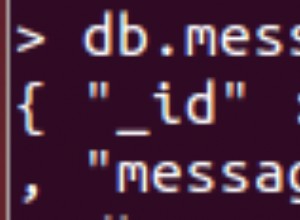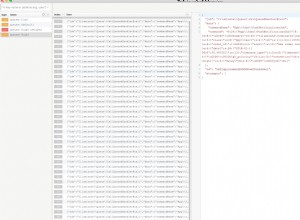Ecco un esempio che utilizza Aggregation Framework in MongoDB 2.4.9 che penso raggiunga il risultato che stai cercando:
db.books.aggregate(
// Unwind the refs array
{ $unwind: "$refs" },
// Sort by refs.default descending so "true" values will be first, nulls last
{ $sort: {
"refs.default" : -1
}},
// Group and take the first ref; should either be "default:true" or first element
{ $group: {
_id: "$_id",
name: { $addToSet: "$name" },
refs: { $first: "$refs" }
}},
// (optional) Sort by name to match the example output
{ $sort: {
name: 1,
}},
// (optional) Clean up output
{ $project: {
_id: 0,
name: 1,
refs: 1
}}
)
Esempio di risultato:
{
"result" : [
{
"name" : [
"Book1"
],
"refs" : {
"oid" : "object5",
"default" : true
}
},
{
"name" : [
"Book2"
],
"refs" : {
"oid" : "object5",
"default" : true
}
},
{
"name" : [
"Book3"
],
"refs" : {
"oid" : "object4"
}
},
{
"name" : [
"Book4"
],
"refs" : {
"oid" : "object4",
"default" : true
}
}
],
"ok" : 1
}
Note:
-
Questo fa un'ipotesi sul comportamento dell'ordinamento per
refsdove manca "default:true". Dopo un breve test, l'ordine originale sembra essere preservato, quindi il "primo" elemento dell'array è come previsto. -
A causa degli operatori di aggregazione utilizzati, l'output
nameè un array a elemento singolo erefsdiventa un oggetto incorporato. Invece di manipolare ulteriormente nel Framework di aggregazione, potresti semplicemente fare riferimento ai campi corretti nel codice dell'applicazione.




